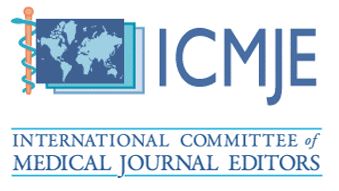Subacute Stroke and Myocarditis Associated with Antiphospholipid Syndrome
Perez Santos Juan Ignacio1*, Saguier Padilla I1, Ariel Bustos1, Mercado FCB1
1 Neurology Division, Hospital de Clínicas “José de San Martín”, Universidad de Buenos Aires. Buenos Aires, Argentina.
*Corresponding Author: Ignacio Saguier Padilla, División Neurología, Hospital de Clínicas “José de San Martín”, Av. Córdoba 2351, C1120AAF. Buenos Aires, Argentina. Fax: (54-11) 5950-9395
https://doi.org/10.58624/SVOANE.2025.06.002
Received: November 04, 2024
Published: January 15, 2025
Citation: Ignacio PSJ, Saguier Padilla I, Bustos A, Mercado FCB. Subacute Stroke and Myocarditis Associated with Antiphospholipid Syndrome. SVOA Neurology 2025, 6:1, 05-07. doi: 10.58624/SVOANE.2025.06.002
Abstract
Ischemic stroke is one of the most common complications of the antiphospholipid syndrome (APS). The mechanisms of ischemic stroke could be atherothrombotic and/or embolic. Transesophageal echocardiograms are strongly recommended in APS patients with ischemic stroke because of the high yield of valvular abnormalities. For management, it’s recommended warfarin or another vitamin K antagonist for arterial thrombosis out-side the cerebral vasculature. For older patients with strokes and a low risk profile (low title of aCl antibodies), aspirin alone may be as effective as warfarin; in patients with moderate to high risk antibody profiles, warfarin is indicated (target INR, 2 to 3), with or without low-dose aspirin.
Keywords: Antiphospholipid Syndrome (APS), Anti Beta2 Glycoprotein I, Systemic Lupus Erythematosus, Lupus Anticoagulant, Anticardiolipin Antibodies











